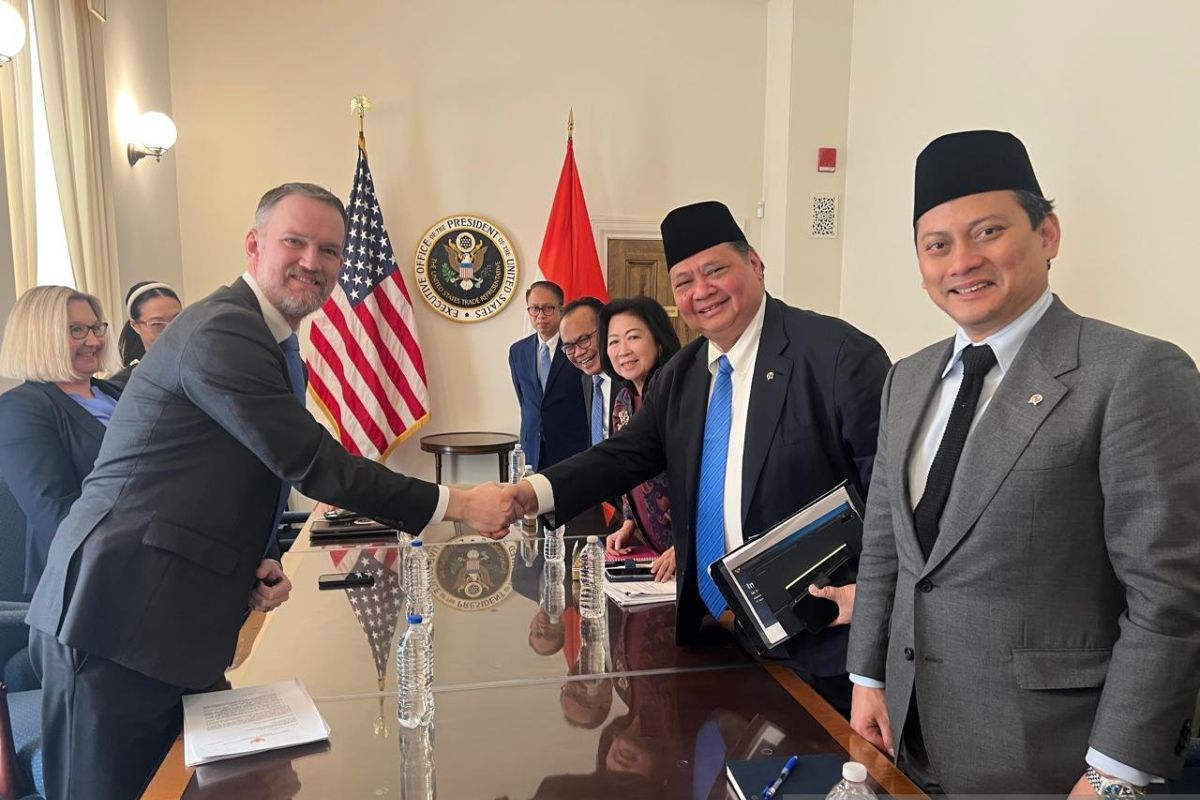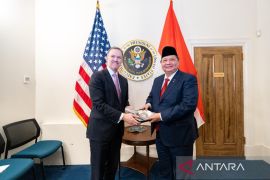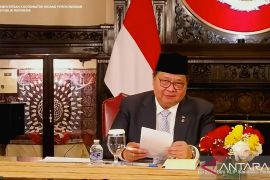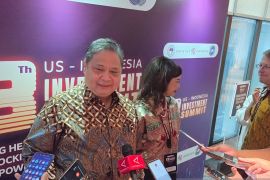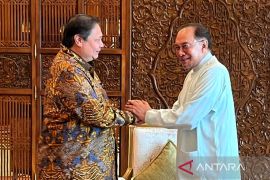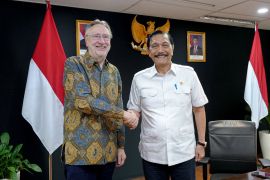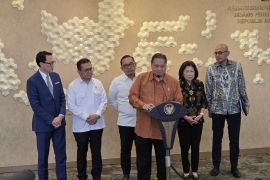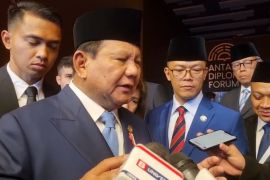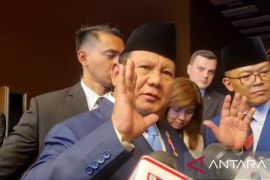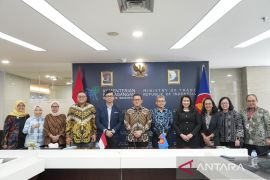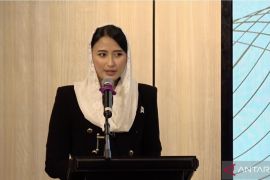The 32 percent tariff imposed on Indonesia has raised concerns among business players in Indonesia since the US is one of Indonesia's main export destinations.
The US is Indonesia's second-largest export partner after China. According to data from Statistics Indonesia (BPS), Indonesia's total exports to the US during January-February 2025 were recorded at US$4.68 billion.
The US is also one of the largest contributors to Indonesia's trade surplus, which was US$3.14 billion during that period.
President Trump has provided a temporary 90-day pause on reciprocal tariffs, giving the government and business players time to formulate strategic steps.
However, if the US proceeds with the 32 percent tariff on Indonesia, American importers will likely think twice about importing goods from Indonesia due to the high import duty burden.
The textile industry, employing around 3.98 million people in 2025, and the furniture industry, with a workforce exceeding 962 thousand, will be at risk of facing declining demand from the US market.
In the worst-case scenario, these industries could face a wave of layoffs as companies implement efficiency measures to cope with losing their main market.
Diplomatic steps are critical in response to these pressures. Instead of responding to tariff threats with similar policies, the Indonesian government chose the path of negotiation.
Unlike China and the European Union (EU), which responded with retaliatory actions, Indonesia took a diplomatic approach that many economists consider a more rational measure.
An economist from Paramadina University, Wijayanto Samirin, assessed that Indonesia does not yet have the same bargaining power as the EU or China, so negotiation is a more strategic choice for now.
On April 16, 2025, an Indonesian delegation led by Coordinating Minister for Economic Affairs Airlangga Hartarto visited Washington, D.C., US, to begin negotiations with the US Trade Representative (USTR), the US Department of Commerce, and the US Department of the Treasury.
The two countries agreed to prepare a trade roadmap within 60 days. Technical discussions of the Indonesia-US negotiations will consider these five focuses:
- Maintaining national energy security
- Pushing for export market access
- Promoting ease of doing business through deregulation
- Building strategic industrial supply chains, including for critical minerals
- Expanding access to science and technology
So far, Indonesia and the USTR have signed a non-disclosure agreement (NDA), marking the start of the technical discussion phase, which will proceed over the next two weeks.
National interests
Indonesia's position in negotiations with the US must continue to place national interests as the main foundation.
However, with a projected widening current account deficit, the government's steps to "woo" President Trump by increasing imports of energy and food products from the US have also drawn scrutiny, as this negotiation tactic could widen Indonesia's current account deficit.
In 2024, Indonesia's trade surplus with the US reached US$14.37 billion.
In this case, the government must be cautious not to compromise the competitiveness of the domestic industry or expose strategic sectors to a surge in tariffs or sudden regulatory changes.
Regardless of the outcome of the negotiations, the government should ensure that important sectors, such as manufacturing, agriculture, and the creative industry, receive adequate protection and support.
In addition, Indonesia should expedite efforts to diversify its export markets. Re-evaluating excessive reliance on traditional markets like the US is necessary.
Chief Economist at Juwai IQI, Shan Saeed, assessed that the BRICS (Brazil, Russia, India, China, and South Africa), which is getting stronger as a new economic bloc, can be a promising alternative market.
Indeed, opening a new market is not something that can be completed in a short time. Building trust, meeting quality standards, and understanding foreign market preferences require more time and resources.
Nevertheless, it is not impossible. With the right economic diplomacy and regional trade agreements, Indonesia can expand its exports.
Although challenges are still looming, Indonesia and the US have so far shown commitment to reaching a mutually beneficial agreement. Within 60 days, both countries are striving to finalize negotiations to avoid tariff escalation that could harm both parties.
Indeed, US reciprocal tariffs are poised to reshape the global order. One of the examples is the emergence of new axes, such as BRICS, as many countries seek alternatives in response to the US's increasing unilateralism under Trump's command.
The negotiation process will test Indonesia's ability to defend its national interests without falling into trade escalation.
It is essential because a fair partnership is not merely about the balance of trade but also about mutually respecting the economic sovereignty of each country.
Related news: Indonesia-US tariff talks target shock reduction, open doors
Related news: Indonesia seeks competitive tariff from US: Minister Hartarto
Translator: Bayu Saputra, Raka Adji
Editor: Primayanti
Copyright © ANTARA 2025
